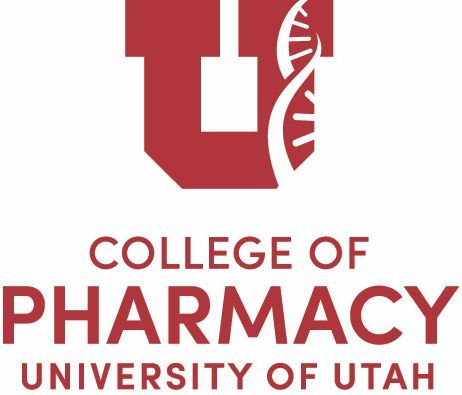Abstract
Background: Treating opioid use disorder (OUD) can be complex due to the clinical and social nature of a disease that it challenges. Medication assisted therapy (MAT), such as buprenorphine, is one of the preferred interventions for treating OUD. MAT is the backbone of OUD treatment because it has proven to be successful in keeping patients’ in treatment as compared to those who did not receive MAT (75% of patients given buprenorphine stayed in treatment after 1-year compared to 0% of patients given placebo).1 A major barrier in providing evidence-based MAT is access to safe and effective treatment for patients who lack financial stability and steady medical coverage. In 2016-2017, 153,000 Utahns had substance use disorders, and 139,000 of them (>4% of the state’s population) “needed but did not receive treatment for substance use.”2 For patients with OUD, it is important that treatment is received in a timely manner to encourage early MAT transitioning and lower incidences of relapse. The lack of access to Medicaid has been identified as one of the major barriers to receiving treatment and staying in recovery.3
Objective: Develop a succinct process guide to facilitate Medicaid enrollment for patients with OUD who are clients of Utah Support Advocates for Recovery Awareness (USARA). Utah Support Advocate for Recovery Awareness (USARA) is a non-profit community organization whose mission is to “celebrate, advocate, support, and empower people in all stages of addiction recovery through connecting to resources, building community, and raising awareness that long term recovery is possible.”3
Methods/Design: The project was executed in three phases. Phase one consisted of performing a strategic literature review, contacting agencies similar to USARA, and collaborating with experts to gather thorough information and knowledge on Medicaid access. During phase two, a succinct flowchart process guide was designed and crafted that specifically outlines the process for patients to enroll in Utah Medicaid. Phase three involved the feedback phase; validation and revision of crafted materials with USARA staff and peer recovery coaches.
Results: The creation of a simple, user-friendly guide provided a clearly defined process for recovery coaches to assist clients with OUD to enroll in Medicaid. Continued efforts are underway in establishing effectiveness of flowcharts with USARA recovery coaches to help clients take ownership in addressing their substance use disorder.
Conclusion: An iterative process was effective in creating a flowchart to assist recovery coaches in helping clients to attain MAT treatment in a reliable manner.




Responses
Very nice poster! The guide you created has the potential to really help people with OUD connect with the treatment they need, which will improve the health and quality of life of many, and likely save lives. Excellent work!
Thank you! I really appreciate it. I am excited to see how many individuals this may help and helping to keep people in recovery. Couldn’t have done it without your help!
what a great poster! it is wonderful to see everything all together! What 2 things did you learn about the process and personal growth that come from doing a project?
Thank you, Dr. Nickman! Again, I definitely could not have done it without you. I learned SO much doing this project, professionally and personally. I was able to learn how to work closely with my community members and professionals from various disciplines. I learned how to effectively communicate and accommodate multiple personalities throughout my professional experience with this project with the Bennion Center Scholars Program. I was also able to learn A LOT about the disease that interests me the most, opioid use disorder. Substance use disorders and addiction are at the forefront of my interests, and therefore, being able to completely engross myself in OUD has been nothing but amazing! I am more than fortunate to have this opportunity and get to learn so much about such a relevant and demanding disorder. I learned how to be patient and persevere, even when things seemed to be falling apart. I cultivated trust in not only myself, but was able to put trust in others around me (my mentors, USARA, Medicaid experts, etc.) to help push me to the finish-line in ensuring the best of my abilities were accounted for. Thank you for the question and for all your amazing help throughout this process!
Hi Ashlyn! What a very insightful research topic to help SO MANY patients!! Getting thru government paperwork is such a hassle, even on the computer; your algorithm/process looks to be very streamlined with the patient in mind!! Thank you for sharing your research! Good Luck with the new position too!! 🙂
Very nice. Thank you.
Comments are closed.